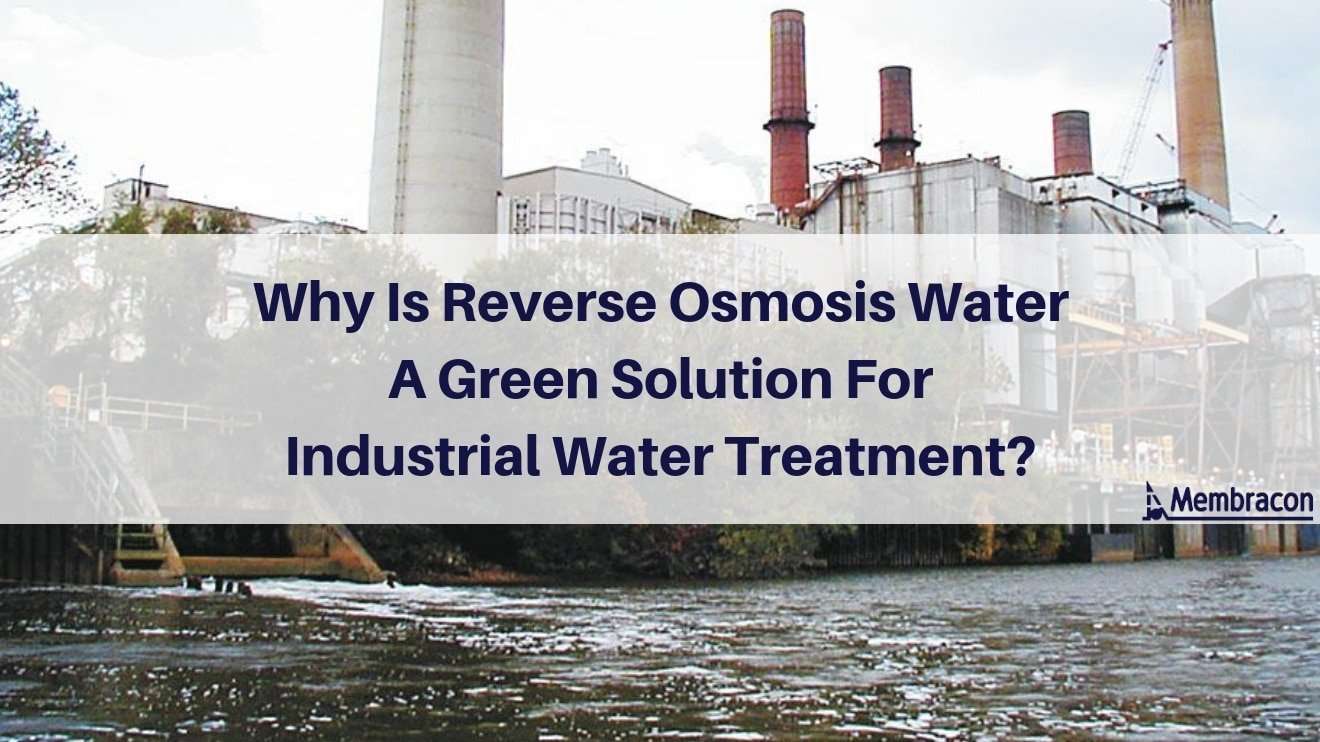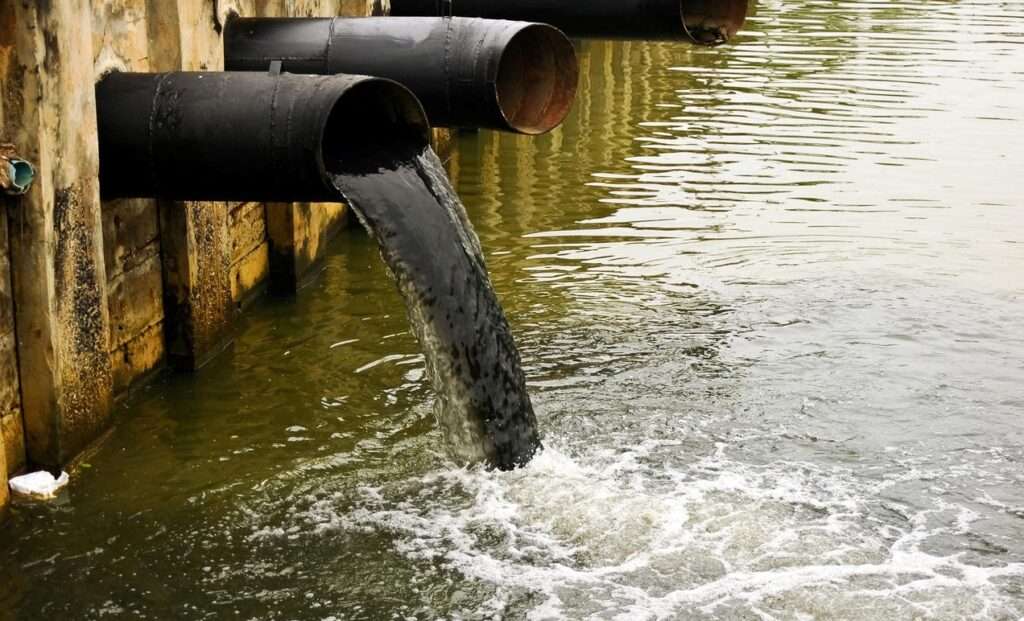
Why is Reverse Osmosis Water A Green Solution For Industrial Water Treatment?
Industrial wastewater is a major culprit of water pollution. This is because companies are disposing of wastewater incorrectly without treating or managing it first. Reverse osmosis purifies the wastewater before it goes to drain, making for a green water solution that meets water regulations.
RO uses no chemicals to treat wastewater, just cleverly designed membranes. Help Save Nature advises that large-scale industries operate their own on site treatment systems to reduce the amount of pollutants, such as RO.
Download The Guide To Water Filtration In Industrial Processes
How Is Reverse Osmosis Used In The Industrial Process?
A RO system can be installed in the production line of any manufacturing process that requires precise water. As raw water enters the system from either a break tank or mains feed, high pressure pumps drive the water through a set of membranes.
These membranes are selective barriers that capture impurities such as salts, or solids. Each RO system is installed with specific membranes to remove the relevant impurities, these are dependent on the quality of water at your location.
The water leaves the RO system as clean water, ready to be used in production. Used frequently in pharmaceutical pure water systems due to its capability of rejecting 99.9% of bacteria.
Finishing processes in the automotive and aerospace industries require precise water specifications to ensure the highest quality of the production parts. This precision is easily achieved with RO as systems are designed bespoke to the water quality you want to achieve for your process.
Why Is RO A Green Solution To Industrial Water Treatment?
Reverse osmosis is a modern solution to wastewater treatment. The cutting edge spiral design of membranes remove the impurities from the water feed without the use of chemicals, resins, or ion exchange beds.
Wastewater produced from manufacturing can be contaminated with damaging products. For instance the wastewater created from producing a car can include metals, oils, grease and harmful chemicals from paint residue.
If this wastewater was to re-enter the water cycle without the correct treatment it could cause long-term damage to the environment.

Reverse osmosis removes certain impurities allowing you to reuse the water in the production process or release the water to drain without causing any harm to the environment.
Water pollution is also harming animals, killing fish that then have a knock-on effect on the food pyramid as a whole.
As the industrial sector contributes heavily to the quantity of harmful wastewater that re-enters the water cycle, it’s their corporate social responsibility to prevent it.
Society is becoming more eco-conscious, with companies using this to their advantage by generating green campaigns and improving the way they manufacture products.
Poor water treatment management can incur high fines and serious punishments such as imprisonment of the managing director of the business that fails to meet regulations.
RO systems are self-cleaning, self-contained units that look after themselves. They are powered by electricity and only require a daily check from onsite personnel.
Conclusion
Introducing RO as an industrial wastewater solution is a greener alternative to using harmful chemicals. The combination of pressure and uniquely designed membrane systems remove harmful products so water can re-enter the water cycle safely, or even be reused in production.
RO has many benefits with its huge environmental factor being just one of them. As society become more aware of issues such as water pollution, laws and regulations are expected to become tighter.
Reverse osmosis can also be used commercially.
All water filtration systems are tailored to each clients water issue. Membracon design and build every unit fully bespoke to suit each customers requirements. The first step is to analyse your raw water, Membracon offer a free water analysis test to help you with this process. Please contact us to arrange today.

